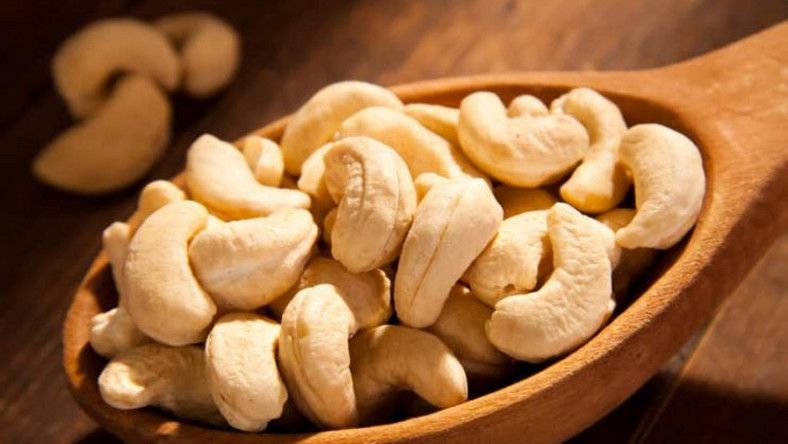- +1800-640-0788
- sales@dhkusa.com
Nutrition Analysis Of Cashew Nuts!

Cashews are a seed that is shaped like a kidney. They are sourced from the cashew tree, a tropical tree local to Brazil yet now developed in different warm atmospheres worldwide. Nevertheless, cashews are usually alluded to as tree nuts, and healthfully practically identical to them, cashews are truly seeds. They're wealthy in supplements and useful plant mixes and make for a simple expansion to numerous dishes.
Like conventional nuts, cashews may likewise help improve your general well-being. They've been connected to benefits like weight reduction, improved glucose control, and a more advantageous heart. This article surveys the nourishment, advantages, and drawbacks of cashews to decide if they're beneficial for you. So, without any further ado, let us get going with the nutritional value of cashews:
Nutritional Analysis – Briefed
1. Fat: 12 grams
2. Calories: 157
3. Carbs: 9 grams
4. Protein: 5 grams
5. Copper: 67% of the Daily Value (DV)
6. Fiber: 1 gram
7. Manganese: 20% of the DV
8. Magnesium: 20% of the DV
9. Phosphorus: 13% of the DV
10. Zinc: 15% of the DV
11. Selenium: 10% of the DV
12. Iron: 11% of the DV
13. Thiamine: 10% of the DV
14. Vitamin B6: 7% of the DV
15. Vitamin K: 8% of the DV
Health Benefits Of Cashew Nuts
The following are some of the most important benefits of cashew nuts. You can enjoy vital health while consuming these tasty nuts. Consider the following:
1. They can help in improving the heart health of the person and reducing the bad cholesterol.
2. They can help in losing weight. They do not have any carbs in them, but they help in conditioning the nutritional growth of the consumer.
3. They are extremely beneficial for the ones who have heart diseases, blood pressure issues, diabetes type 2, and are easy to add to your routine diet.

